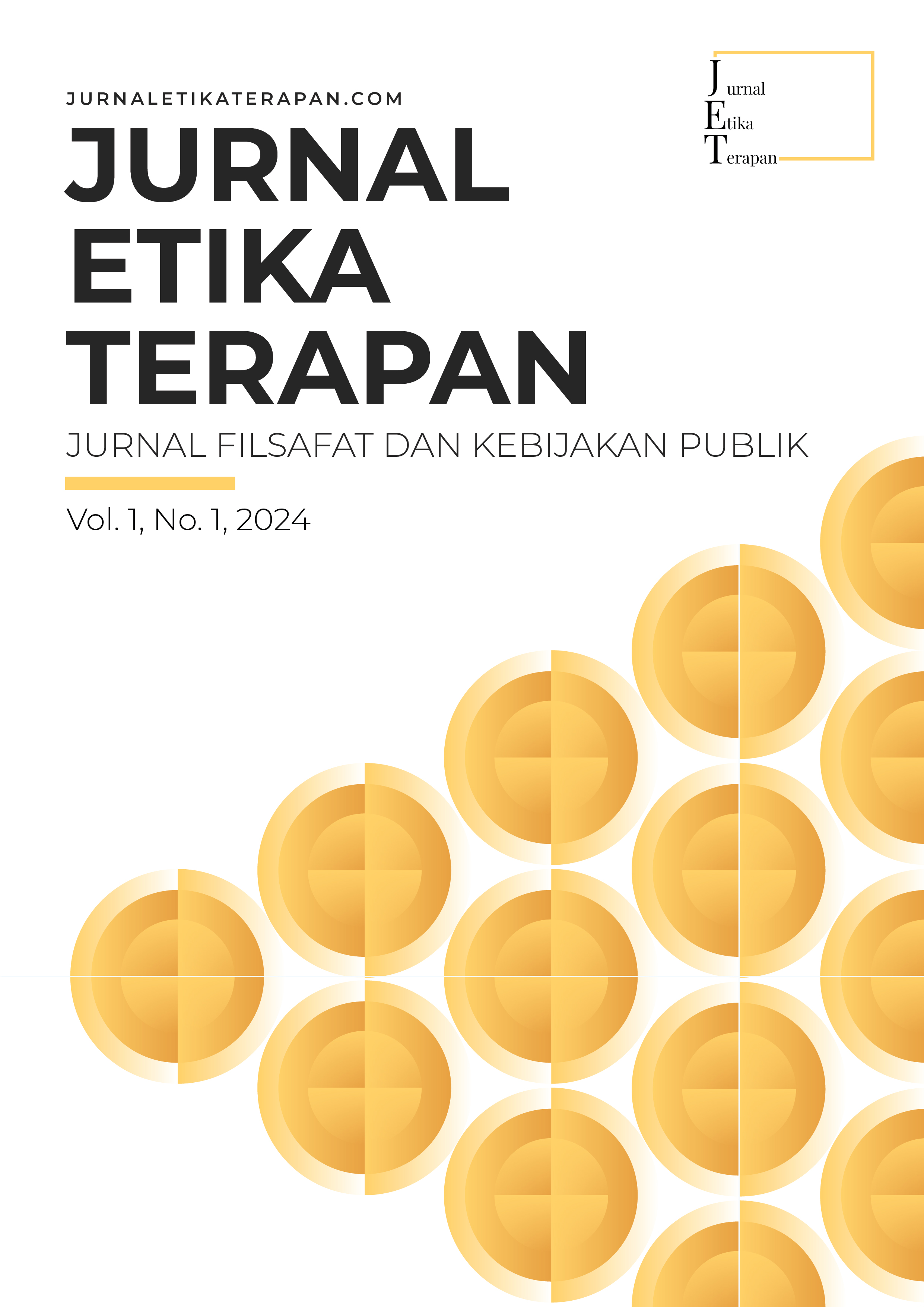Euthanasia: A Debate
Sebuah Perdebatan
Keywords:
euthanasia, principle of sanctity of life, principle of quality of life, principle of freedom, applied ethicsAbstract
Euthanasia, simply defined as "good death," "mercy killing," or "assisted suicide," generally conflicts with the principle of the sanctity of life derived from a religious perspective. In the sanctity of life principle, life is something sacred and cannot be sacrificed for any reason. However, this principle can be contested by both the principle of quality of life and the principle of freedom. The principle of quality of life states that life must adhere to certain standards in order to be considered of good quality. Below these standards, the quality of life becomes low, and thus life might not be worth sustaining. Meanwhile, under the principle of freedom, life is the property of the individual, which means it can be treated freely by its owner as long as it does not violate the principles of causing harm and infringing upon the rights of others. This article outlines several principles that form the basis for justifying or rejecting euthanasia, and then critiques them as considerations for future application in Indonesia. The hope is that the discussion of euthanasia will not stop at the principle of the sanctity of life and can be expanded to other areas of consideration in order to resolve specific cases.
Downloads
Published
Issue
Section
License
Copyright (c) 2024 Jurnal Etika Terapan

This work is licensed under a Creative Commons Attribution 4.0 International License.





